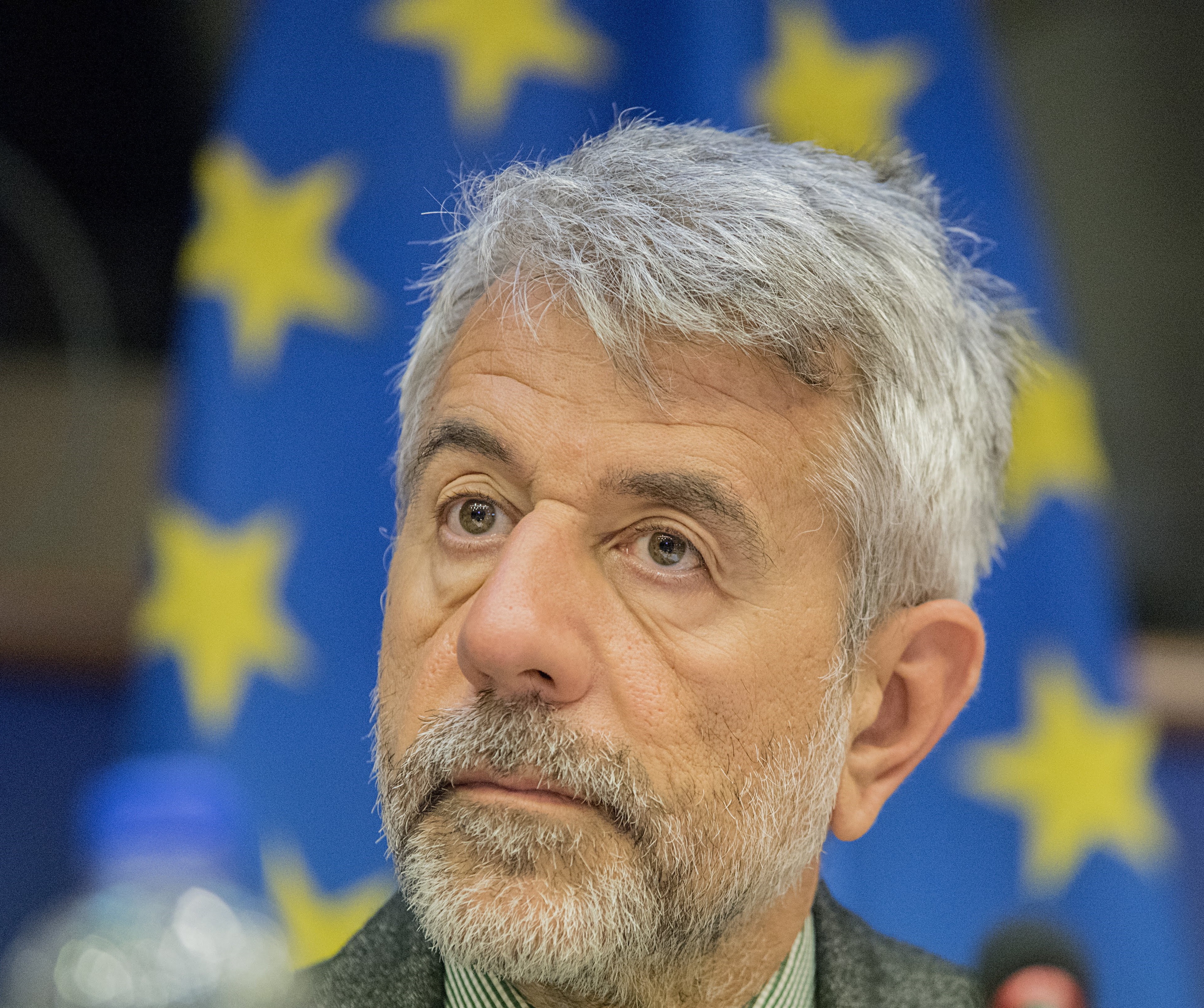Il Financial Times ha pubblicato una mia lettera, in cui denuncio i limiti del proibizionismo nel campo delle droghe e chi ne approfitta di tutto ciò. La condivido con voi:
Versione Inglese
Legalise drugs and the cartels go out of business
The FT Big Read “After ‘El Chapo’: Mexico’s never-ending war on drugs” (February 21) explains in vivid detail the cartel violence that is ravaging Mexico, and the constant increase in drug use, production and distribution that fuels it. This has been going on for decades, in spite of the so called “war on drugs”, initiated by the US and picked up by more or less every government, in particular Mexico. In light of this it is astonishing that almost no one seems to realise (at least openly) that as long as the profits will stay as high (the article mentions they are between $19bn and $39bn for Mexico alone), there will be criminal organisations supplying the market. Their business could be taken away from them if the drugs they sell were to be legalised. This debate is highly toxic for politicians, however, at a recent conference on the benefits of medical marijuana, for example, its host, the Conservative MEP Emma McClarkin, rejected the possibility of legalising that drug’s recreational use. Yet the unending and counterproductive war on drugs seems to be the only response politicians can come up with. The positive examples of marijuana legalisation in some countries and US states should be further studied and carefully expanded to the rest of the world and to other drugs. It is the only way to cut the cartels’ profit margins and reduce the violence.
➡ L’articolo Sul Financial Times
La versione in Italiano
traduzione di Guido Long
Legalizzare le droghe per mandare in bancarotta i cartelli
L’articolo Big Read del Financial Times “Dopo El Chapo: l’infinita Guerra alle droghe messicana” (21 Febbraio) descrive nel dettaglio la violenza dei cartelli della droga che sta distruggendo il Messico, e il costante aumento dell’uso, produzione e distribuzione di droga che lo alimenta.
Tutto ciò va avanti da decenni, nonostante la cosiddetta “guerra alle droghe”, iniziata dagli Stati Uniti e ripresa da più o meno tutti i governi, in particolare quello messicano. Alla luce di questo è incredibile come nessuno realizzi (almeno apertamente), che finché i profitti resteranno così alti (l’articolo parla di cifre fra i 19 e 39 miliardi di dollari solamente per il Messico), ci saranno organizzazioni criminali che forniranno il mercato. Il business potrebbe esser loro sottratto se le droghe che vendono venissero legalizzate.
Ma questo dibattito è altamente tossico per i politici, e ad una recente conferenza sui benefici della cannabis terapeutica, per esempio, l’organizzatrice Emma McClarkin, eurodeputata Conservatrice, ha respinto la possibilità di legalizzarne l’uso ricreativo. L’infinita e controproducente guerra alla droga sembra essere l’unica risposta che i politici riescono a proporre.
Gli esempi positivi di legalizzazione in alcuni paesi e stati americani dovrebbero essere studiati maggiormente e con cautela allargati al resto del mondo e ad altre droghe.
È l’unico modo per tagliare i profitti dei cartelli e ridurre la violenza.

